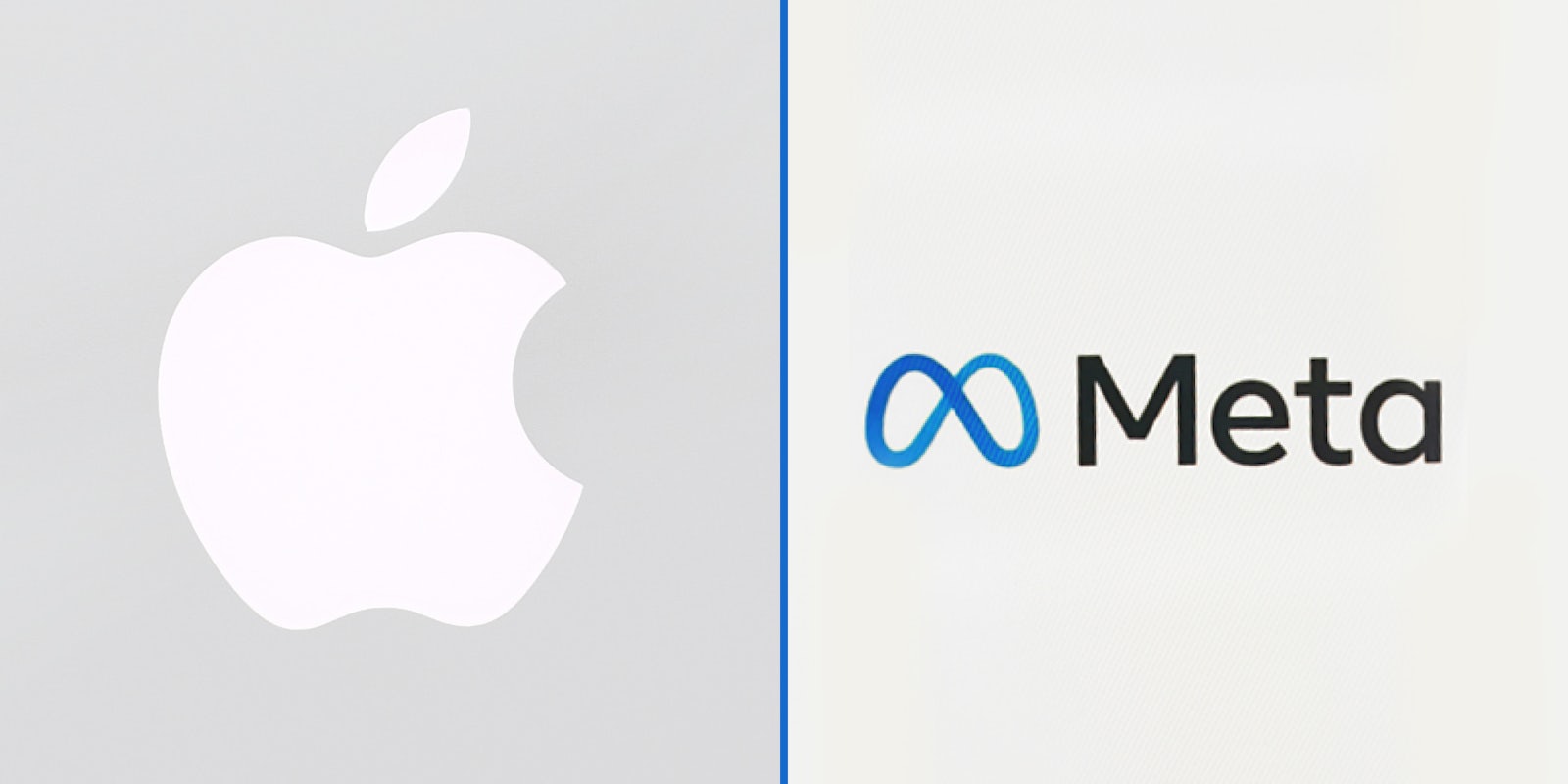Meta recently announced it would take a 47.5% cut of digital asset purchases in the Metaverse, when it begins allowing in-world purchases soon. Its rival, Apple, took the news as an opportunity to lob a shot at its competitor.
Apple spokesperson Fred Sainz called out Meta’s hypocrisy in an interview with MarketWatch.
“Meta has repeatedly taken aim at Apple for charging developers a 30% commission for in-app purchases in the App Store—and have used small businesses and creators as a scapegoat at every turn,” Sainz stated in an email to MarketWatch. “Now—Meta seeks to charge those same creators significantly more than any other platform. [Meta’s] announcement lays bare Meta’s hypocrisy. It goes to show that while they seek to use Apple’s platform for free, they happily take from the creators and small businesses that use their own.”
Meta CEO Mark Zuckerberg has repeatedly called Apple’s 15 to 30% App Store commission monopolistic, saying the company’s App Store “blocks innovation, blocks competition” in a call with over 50,000 employees in 2020.
In June of last year, Zuckerberg said the company wouldn’t take a cut from users using paid features on Facebook until 2023, and that when a revenue share was announced it would be “less than the 30% that Apple and others take.”
Facebook is now technically separate from Meta’s metaverse effort, but the news appears to contradict Zuckerberg’s words. Meta fees will include a “hardware fee” of 30% of sales made through the Meta Quest Store—its apps and games store for the Meta VR headsets—and a 17.5% fee through Horizon Worlds, Meta’s free-to-play online VR game, adding up to nearly 50%.
Meta is not alone in its criticism of Apple’s App Store fees.
Epic Games, creator of the hugely popular Fortnite game, has been embroiled in a lawsuit with Apple since 2020, when Epic released an update in Fortnite to allow Mac and iPhone users to pay Epic directly instead of paying through Apple. Apple claimed this violated the terms of their App Store and removed the game from the App Store.
In the years since, Epic and Apple have been battling in court over Apple’s decision.


